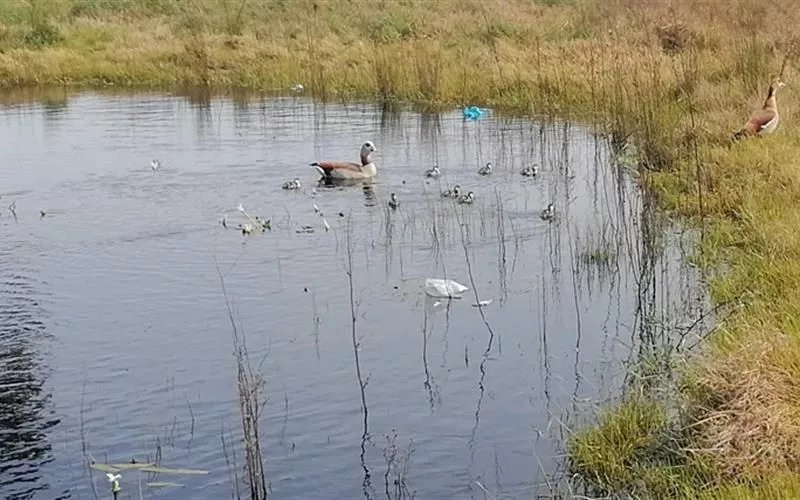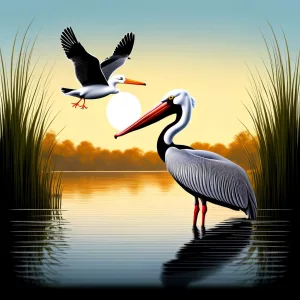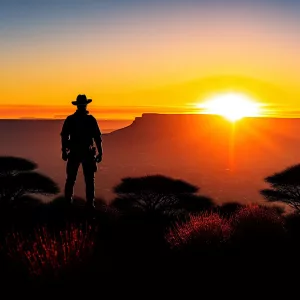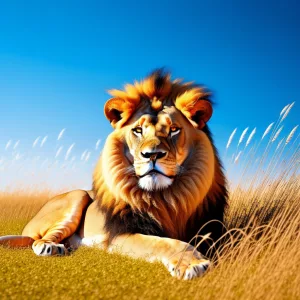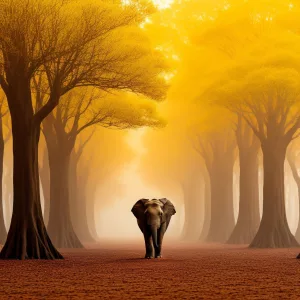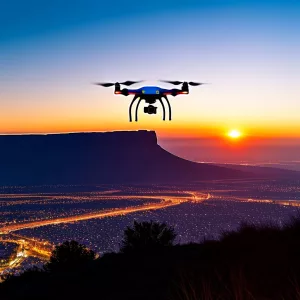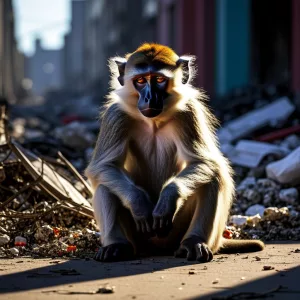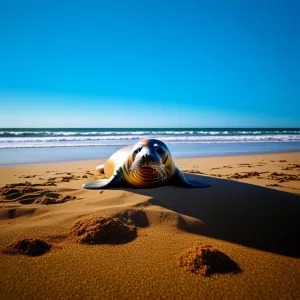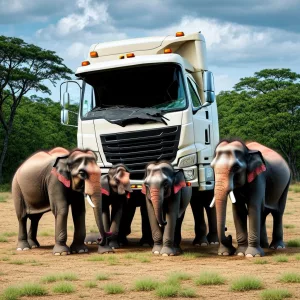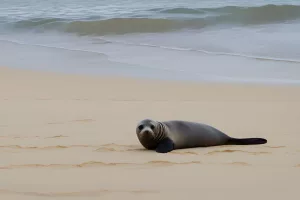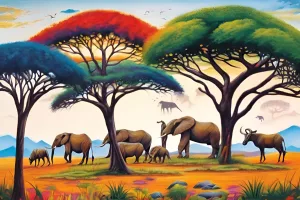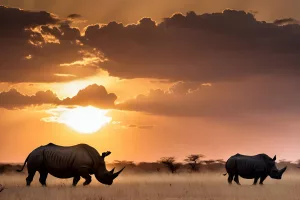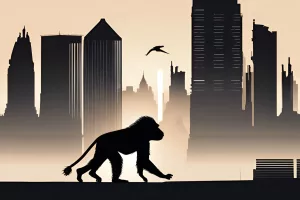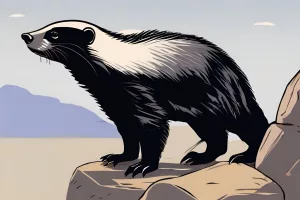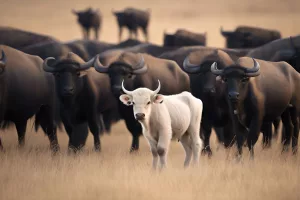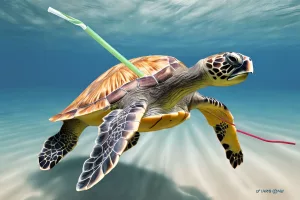Cape Town’s urban dams like Rosendal look peaceful but face hidden dangers from illegal fishing. Discarded lines and hooks can trap and hurt birds like cormorants and geese, upsetting the balance of this special wildlife sanctuary. Despite rules against fishing, some ignore them, putting the whole ecosystem at risk. Protecting these dams needs everyone to care, follow rules, and help wildlife so that nature and people can live together safely in the city.
In the Western Cape, a new outbreak of avian influenza is hitting both farm birds and wild birds hard, causing many deaths and forcing farmers to cull their flocks. The virus doesn’t stay put it spreads quietly through wetlands and farmlands, showing how closely people, animals, and nature are connected. Communities are stepping up, helping to watch for sick or dead birds and keeping farms clean to stop the spread. This crisis reminds everyone that protecting birds means protecting the whole region’s health, food, and way of life.
South Africa’s rangers are brave protectors of nature, fighting against dangerous poachers who threaten wildlife. They use modern tools like drones and work closely with local communities to keep parks safe. Their job is risky and tough, but they carry a deep love and duty to preserve the country’s wild places for future generations. Through courage and teamwork, these guardians stand strong to protect the beauty and life of South Africa’s wilderness.
Aquila Private Game Reserve and Spa, near Cape Town, is a stunning place where visitors can see Africa’s famous Big Five animals up close. Set in the wild and beautiful Karoo region, it offers thrilling safaris, horseback rides, and relaxing spa treatments. Families are warmly welcomed, with fun and learning for kids, while everyone enjoys cozy lodges and starry nights by the fire. Aquila blends wild adventure with comfort and cares deeply about protecting nature and helping local communities. It’s a perfect way to experience South Africa’s wild heart and peaceful spirit.
Deep in South Africa’s mysterious Knysna Forest roams the last Knysna elephant, a strong and lonely female who carries the memory of a vanished herd. She moves quietly beneath towering trees, a living symbol of survival and loss, reminding us how nature can shrink but still hold hope. Thanks to hidden cameras, people have glimpsed her rare steps, inspiring efforts to protect her and the forest she calls home. Her story teaches us to respect wild places and cherish the fragile life that still lingers within them.
Drones are not allowed to fly over Signal Hill and Table Mountain National Park unless you have special permission. This rule helps protect animals and plants, and keeps visitors safe, especially after dark when wildlife is active. While drones can help scientists study nature, flying them without approval can disturb animals and break the law. The park asks everyone to respect these rules so its beauty and wildlife stay safe for the future.
In Ocean View, Cape Town, a shocking video showed a group of men cruelly killing a baboon, causing a wave of anger and sadness across the community. The SPCA and local authorities quickly launched an investigation, offering a reward for information to catch those responsible. This tragic event sparked a strong call for justice and deeper reflection on how people and wildlife can live together peacefully. The community’s response highlights the urgent need for kindness, protection, and shared responsibility toward animals.
Columbo is a young southern elephant seal who surprised everyone by visiting Victoria Bay, South Africa. His rare appearance drew lots of attention and sparked a strong community effort to protect him and his kind. People learned to keep their distance and respect wildlife, showing how a town can come together to care for nature. Watching Columbo rest and play gave everyone a special chance to see the wild ocean life up close. His visit reminds us how important it is to protect animals and live in harmony with the natural world.
On March 5th, 2023, a peaceful day at Olifantskop Pass turned chaotic when a truck carrying four elephants tipped over. The elephants were being moved to a new home at Samara Karoo Reserve, but their journey took a scary turn, raising alarms from the SPCA about their safety. The SPCA worried that the elephants were suffering and questioned the ethics of moving them to a private reserve. A brave rescue team quickly arrived to help the elephants and the driver, ensuring everyone was safe. This incident sparked important conversations about how we care for and manage wildlife, reminding us that protecting animals is a big responsibility.
At Muizenberg Beach, a young seal was brutally attacked, highlighting the growing violence against Cape Fur Seals. The Hout Bay Seal Rescue Centre reported this sad event, showing the need for people to learn how to protect these animals and respect their space. Sadly, this isn’t the first time; seals are facing more dangers from humans due to misunderstandings, like fears about rabies. To help save the seals, everyone is urged to keep their distance and report any harmful behavior, promoting a peaceful coexistence with these beautiful creatures.
Uber Safari in Cape Town is an exciting new way to explore the wild! With just a few taps on the Uber app, you can book a luxurious day trip to Aquila Private Game Reserve to see amazing animals like lions, elephants, and rhinos up close. The adventure starts with a warm welcome and breakfast, followed by a thrilling safari ride led by expert guides. You’ll enjoy delicious local food and learn about wildlife conservation while surrounded by stunning landscapes. Uber Safari makes experiencing Africa’s magic easy and fun for everyone!
In Kruger National Park, a big win against rhino poaching just happened. Two former rangers, Lucky Mkanzi and Joe Sihlangu, were sentenced to 20 years in prison for their roles in the illegal hunting of rhinos. This case shows how important teamwork is in fighting wildlife crime, as law enforcement worked hard to catch these betrayers. Their conviction sends a strong message that poaching will not be tolerated, reminding everyone to protect the beautiful animals in our world.
A baboon went on a journey from the Cradle of Humankind to the city of Johannesburg, causing anxiety among citizens. The baboon crossed roads and towns before being hit by a vehicle and ultimately euthanized due to serious injuries. This incident highlights the conflict between urban development and wildlife conservation, emphasizing the need for understanding and respecting boundaries between the two.
A rare honey badger, also known as a ratel, was sighted near the University of Cape Town’s Institute for Communities and Wildlife in Africa on April 3. This marks the first documented presence of a honey badger near UCT and adds a new dimension to Table Mountain’s biodiversity. Honey badgers are known for their ferocity and audacity, and their adaptable nature often puts them in conflict with humans. If honey badgers start breeding and expanding on Table Mountain, it could pose new problems for urban residents.
Albino wildlife in Africa, a result of genetic anomalies like leucism or albinism, are a display of the remarkable genetic diversity within the animal kingdom. These animals can manifest in any species and offer an extraordinary insight into wildlife. However, their unique appearance makes them vulnerable to predators and human attention, highlighting the importance of wildlife conservation. Witnessing these stunning creatures, whether it’s a white buffalo calf or an albino bottlenose dolphin, is a testament to the impressive array of life that Africa’s wilderness provides and the need to protect it.
The V&A Waterfront in Cape Town plans to build a turtle conservation centre, which will be open to the public and function as a sanctuary for turtles. The project, costing between R30 to R50 million, aims to address the urgent need to safeguard endangered turtle species, which face threats from extreme weather and plastic pollution. The Two Oceans Aquarium Foundation has expressed excitement for the upcoming conservatory and proposed funding proposals to support the project. The initiative emphasises the shared responsibility to conserve endangered species.

